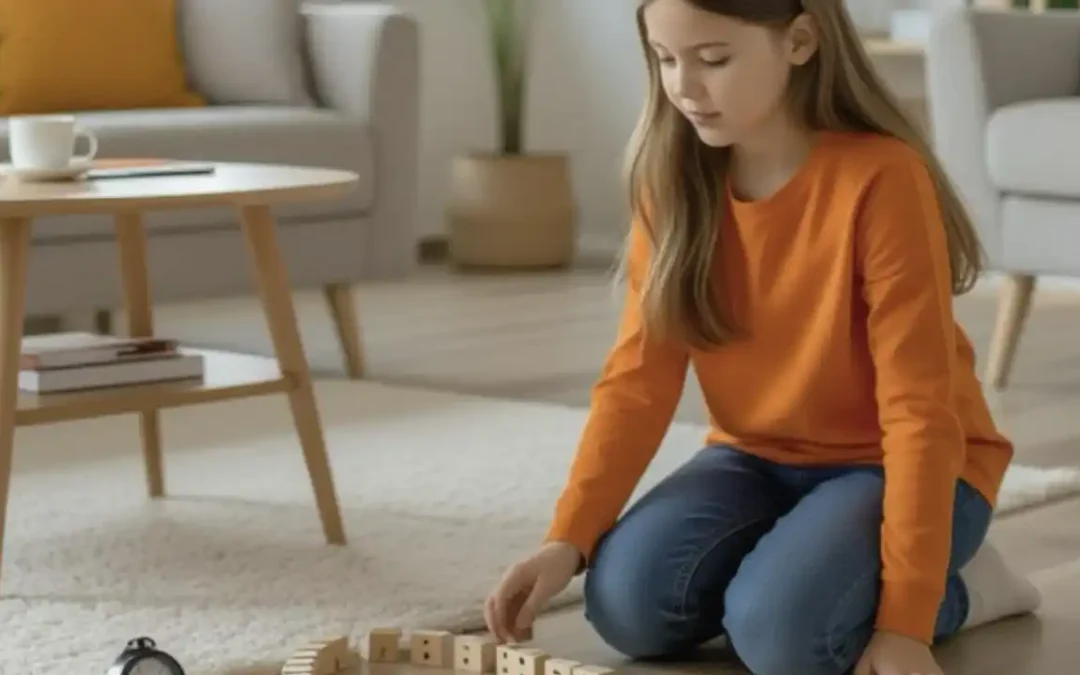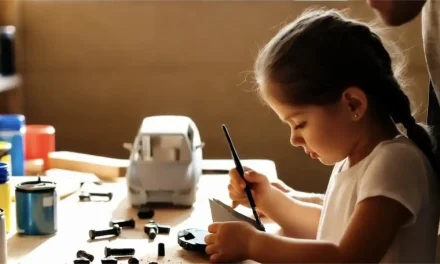
Embracing Reason and Self-Worth: Trusting the Rational Mind
R
eason isn’t just a way to win arguments—it’s how we make sense of the world and guide our lives with clarity. In a noisy classroom or a culture thick with trends, children often doubt themselves. But when they learn to trust their mind—to weigh, to question, to judge—they gain more than confidence. They gain independence. The thinkers of ancient Greece didn’t wait for silence or permission. Socrates stood in the square and asked questions aloud, trusting that truth could be found through reason. That same trust, instilled early, helps your child see thinking not as something to fear—but as something to honor.
One morning, my daughter insisted the sun was chasing our car. Her brother laughed. I asked, “Could it be something else?” She frowned, thought for a moment, then said, “Maybe we’re moving and the sun just stays.” I nodded. “What made you change your mind?” She grinned. “It made more sense.” That moment was small, but something shifted. She had tested an idea—not because I gave her the answer, but because I gave her space to think it through.
Use everyday choices to reinforce this power. Ask, “What led you to that?” when they choose an outfit or defend a snack. Let them explain, even if it sounds silly at first. For teens, the questions may lead into ethics or politics—let them wrestle. Don’t correct too quickly. Celebrate clarity over correctness. When children see that reason isn’t rigid but theirs to use, they learn to walk through the world not waiting for approval—but thinking for themselves.
Embracing Reason and Self-Worth

Embracing Reason and Self-Worth: Defending Personal Values
Guide children to identify and protect their values with clarity and kindness. Strength of character grows through practice.

Embracing Reason and Self-Worth: Building Self-Esteem Through Effort
Self-esteem grows through effort and mastery—not praise alone. Support children in achieving goals step by step.

Embracing Reason and Self-Worth: Free Minds to Stand Alone
Encourage children to form their own views with courage and thoughtfulness. Independent thinking fosters confidence and individuality.
Table of contents

Primordial Soup for the Mind: Navigation
Navigate the book Primordial Soup for the Mind.
TIPS
- Spark “why” answers without rushing to correct.
- Praise clear reasoning, even when ideas change.
- Ask “What led you to that?” in daily choices.
ACTIVITIES
- Choice Chat: At a meal, pick a decision (e.g., snack, outfit, plan), ask, “What’s the reason behind it?” and explore their logic.
- Logic Loop: Create silly chains of reasoning—then test which ones hold up.
EXAMPLE
My daughter once changed her view about the sun mid-ride. She learned thinking wasn’t about being right—it was about making sense.

Download “Primordial Soup for the Mind: A Parent’s Guide to Nurturing Intellectual Growth”
Enter your information to get this article and hundreds more as part of the FREE book Primordial Soup for the Mind.
Share your thoughts with the Thought Academy community in the Comments section below.

Sharpen those skills!
Enter your information to get our FREE practice exercises so you can hone your critical thinking and reasoning skills!







0 Comments